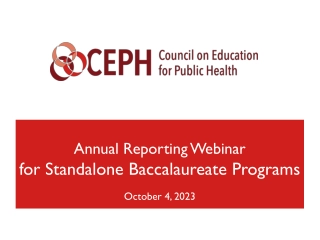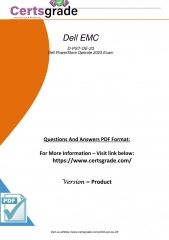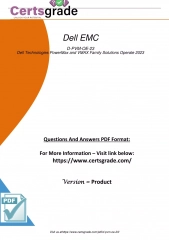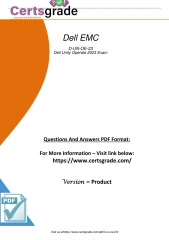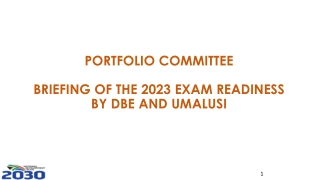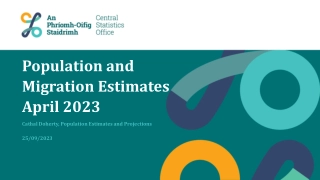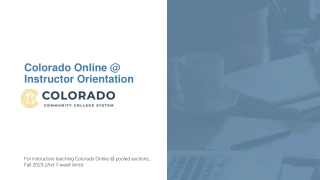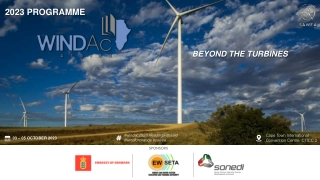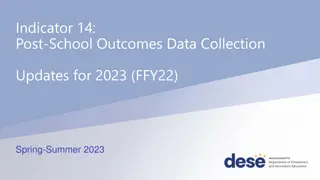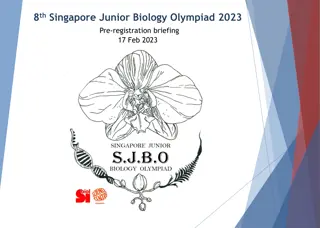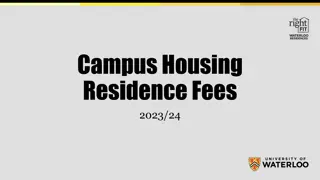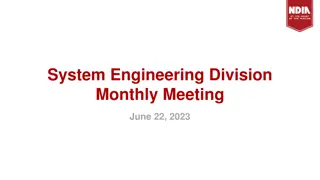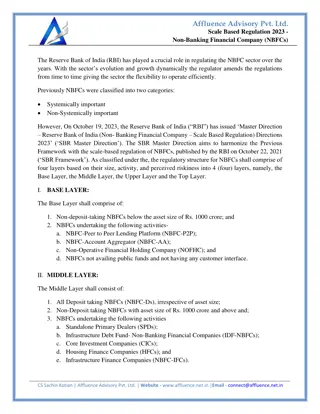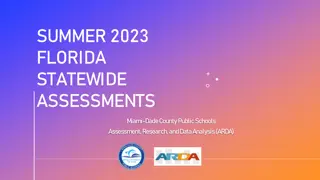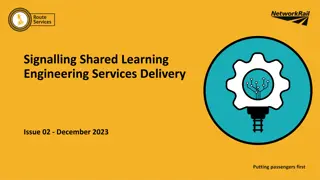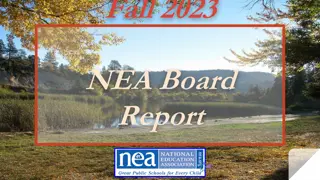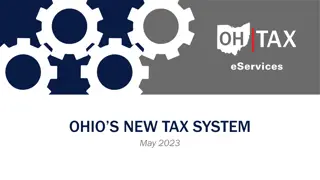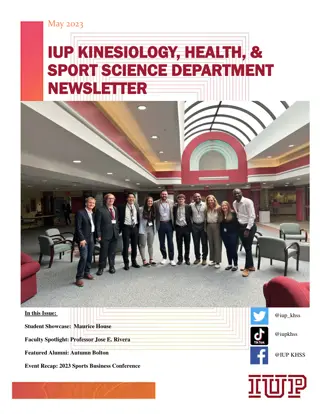
Effective Strategies for Researching, Evaluating, and Taking Notes
Learn key strategies for creating subject headings, evaluating sources, and taking effective notes during your research process. Enhance your search skills and information retrieval techniques to streamline your academic pursuits.
Download Presentation

Please find below an Image/Link to download the presentation.
The content on the website is provided AS IS for your information and personal use only. It may not be sold, licensed, or shared on other websites without obtaining consent from the author. If you encounter any issues during the download, it is possible that the publisher has removed the file from their server.
You are allowed to download the files provided on this website for personal or commercial use, subject to the condition that they are used lawfully. All files are the property of their respective owners.
The content on the website is provided AS IS for your information and personal use only. It may not be sold, licensed, or shared on other websites without obtaining consent from the author.
E N D
Presentation Transcript
Making a List of Key words or Subject Headings start a list of subject headings or keywords and phrases to use in your search sources. This list will help you find information in the library catalog.
Making a List of Key words or Subject Headings For internet search tools, there is no standard source for subject headings. You must create your own keywords.
Making a List of Key words or Subject Headings (Internet) some keywords are synonyms Ecstasy, MDMA. Some keywords are more distantly related, like war on drugs
Making a List of Key words or Subject Headings (Internet) combine a keyword identifying your topic with an additional keywords specifying the kind of information you need. Elian Gonzalez (Picture) or basic facts with war on drugs. Enclose groups of keywords with quotation marks war on drugs
Evaluating Sources >note the publication date. Is it current or several years old? > Evaluate whether the the publication is an overview for a general audience or a technical discussion for experts. < Check whether the author is an expert in the field.
Evaluating Sources >note the publication date. Is it current or several years old? > Evaluate whether the the publication is an overview for a general audience or a technical discussion for experts. < Check whether the author is an expert in the field. > Check the usefulness of the source (Book, magazine, or online document)
Taking Notes Depending on the complexity and the significance of the passage, you can take notes by Summarizing, paraphrasing or using Quotations.
Summaries Condense a paragraph, or even a page, into a sentence or two if all you need is the general idea and not the details.
Paraphrases Simplify a complex concept or to highlight details that are especially relevant to your topic. The challenge of paraphrasing is to use your own words to record the author s idea faithfully.
Paraphrases If a particular phrase or sentence is so well worded that it can not be paraphrases, enclose it in a quotation marks to indicate that it is in the author s words.
Quotations Quote directly from a source only when you need the author s exact words. Should be as brief as possible. Do not use quotations that are longer than a paragraph.
Quotations Direct quotation must be accurate. Be sure to put quotation marks around ALL direct quotations so that yon will not mistake them for paraphrases.


